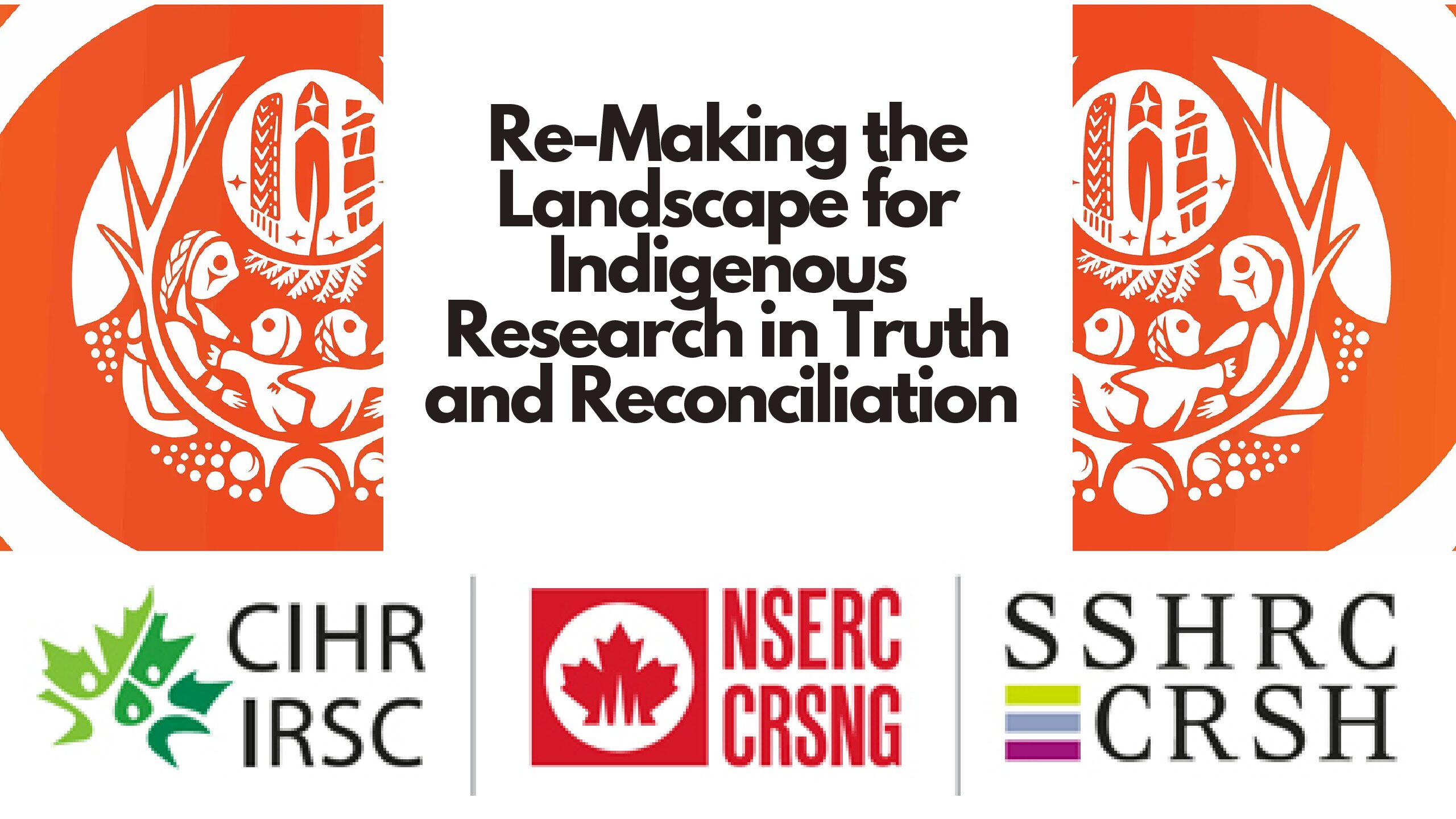WIPO-IGC 43: Logjam Over Two Genetic Resources Texts
Last Meeting on the GR Text Under the 2022-23 Biennium
May 30-June 3, 2022: Delegates met in-person and virtually at the World Intellectual Property Organization (WIPO) in Geneva to resume the second round of negotiations for the 2022-23 biennium of the WIPO Intergovernmental Committee on Intellectual Property and Genetic Resources, Traditional Knowledge and Folklore (WIPO-IGC). The meeting being the second in the ‘post-pandemic’ era was dedicated to negotiations on genetic resources. It was the last meeting on the subject under the 2022-2023 biennium. The remaining meetings of the Committee for the biennium is dedicated to Traditional Knowledge and Traditional Cultural Expressions (aka folklore).
Ad Hoc Expert Group Genetic Resources
IGC 43 was preceded by a meeting of Ah Hoc Expert Group on Genetic Resources a day earlier on May 29, 2022. The experts were convened in their personal capacities at the WIPO Secretariat pursuant to the Committee’s mandate and the decision of IGC 42. The Ad Hoc Experts’ work focused on specific issues at the intersection of genetic resources and associated Indigenous knowledge within the intellectual property and/patent system. According to ‘substantive background note’ prepared by the International Bureau of WIPO (WIPO/IPTK/GE/22/2), those issues include information systems/databases for managing disclosure, disclosure requirement (including subject matter, i.e. GRs or TK associated with GRs or both), trigger for disclosure, content to be disclosed (source/origin, evidence of PIC and benefit sharing, etc.), sanctions/remedies for failure to disclose). The experts were required to leverage their expertise and deliberate on how to close existing gaps and disagreements among member states on these subjects and to report to the IGC in the plenary with a view to facilitating negotiations.
Ukrainian War: Western Countries and Allies Walk Out on Russia
As in the IGC 42, the Assistant Director General of WIPO, Dr. Edward Kwakwa, who presided over the opening ceremonies of IGC 42, yielded to the request for opening statements by mainly Western states and a few others, including the EU, US, Canada, Japan, Korea, Ukraine, Australia, etc. who took the opportunity to restate their condemnation of the ongoing Russian military invasion of Ukraine. The difference in relation to earlier condemnation at IGC 42 was that some statements highlighted the damages the war has caused to Ukrainian cultural heritage, seeds and genetic resources. These submissions happened amidst protestations and insistence of the Russian Federation that WIPO is not the right venue to ventilate political matters, an observation that was endorsed by Venezuela with veiled affirmation of China. Nonetheless, China condemned the war in Ukrainian while calling for de-escalation. Many of the countries who spoke in opposition to the Ukrainian war staged a walk against the Russian Federation following the latter’s continued protestation.
The Resumption of IGC’s First Female Chair
The 43 IGC was the first to be presided by the newly elected Chair, Jamaica’s Ms. Lilly-Clair Bellamy, who was elected at IGC 42 along with two Vice Chairs (Jukka Liedes of Finland and Yona Sileti of South Africa). After the adoption of the agenda items, the meeting proceeded to scheduled business accordingly. In addition to regular agenda items, a few highlights of IGC 43 included an Indigenous Panel which provided a platform for Indigenous Peoples and Local Community Youth voices on the work of the Committee on IP and Genetic Resources. The panel focused on presentation of Indigenous youths’ perspectives on information systems and databases, Digital Sequence Information (DSI) and Free Prior and Informed Consent (FPIC). It also included a contribution on Sami ways of knowing with a focus on snow, salmon and grazing.
Report of the Ad Hoc Expert Group on GRs
In laying the Ad Hoc Expert Group’s work before the plenary, the Chair of the Group, Paul Kuruk (Ghana), indicated that because of time constraint, the Group could not address one aspect of its task, namely information systems. He acknowledged the convivial way the experts carried out their work and their genuine intention to find viable pathways to close gaps and advance the work of IGC. The rest of the report covered the result of the expert group’s deliberations, on all other issues, which he indicated were inspired substantially by insights from the Chair’s Draft GR Text (WIPO/GRTKF/IC/43/5), which was adopted as Committee’s working document at IGC 42.
Haggling Over Methodology and Process
At the resumption of full negotiations in the plenary, delegates spent substantial amount of their time in Geneva haggling for a methodology to make their work more efficient. Several delegations and negotiating blocs including EU, Africa Group, Indigenous Caucus and LMICs favoured a more efficient pathway and departure from the practice of raising first draft review of negotiated documents (Rev 1) and second revision of the latter (Rev 2). They were inclined to have a change in modus operandi outside the Revs 1 &2 process. Also, an overwhelming majority of delegation was inclined to use the Chair’s Draft GR Text as the basis to energize renewed negotiations. According to them, the Chair’s Text (authored by immediate past Chair, Ian Goss of Australia) is cleaner, leaner and represents concrete attempts at narrowing gaps being, as it were, a product of extensive consultations, and having been adopted as a working document for IGC at the 42nd session. A handful of delegations led by the United States preferred continuation of negotiations with the Consolidation Draft GR Text (WIPO/GRTKKF/IC/43/4. This was despite reservations by majority of delegations that the Consolidated Text is convoluted and littered with square brackets and multiple competing alternatives for almost every provision.
From the Consolidated GR Text to a Dead-end
To the surprise of many delegations and the delight of the United States and its allies, the Chair insisted on using the Consolidated Text as the negotiating document. While instructing Vice Chair, Jukka Leides, to chair negotiations on substantive matters, the Chair also mandated the facilitator to hold the pen to reflect the intervention of delegations. Meanwhile, on the Chair’s instructions, the Facilitator (Paul Kuruk, Ghana) working with the report of the Ad Hoc Expert Group generated Rev 1, which was circulated and laid open for input by delegations with a view to generating Rev 2 document. Not surprisingly, this opened a renewed opportunity for textual drafting mainly by non-demandeur with extensive suggested redrafting by the United States and its allies. This resulted in a call to place square brackets on new drafts. Noticeably, Africa Group was not involved in making textual intervention on Rev 1. The LMCs and Indigenous Caucus were quite restrained and minimalist in engaging with Rev 1. Confirming the fears of many states, the Facilitator’s proposed Rev 2 document which built on the Consolidated GR Text further ballooned and resulted in a more complicated text. It woefully failed to narrow gaps, but broadened division in sensitive areas. Two symbolic examples of that tendency which drew protestation from Indigenous Caucus and demandeur delegates were France’s rejection of use of “Indigenous Peoples” in the text, and US’ insistence that UNDRIP is mere declaration.
Disowned Rev 2 Document as ‘Non Est Factum’.
Consequently, the Africa Group, Indigenous Caucus and majority of delegations disowned Rev 2 literally as “non est factum”. They noted that Rev 2 was a deviation from the mandate to narrow gaps and finalize negotiations. Therefore IGC 43 did not result in any new GR Text, which leaves and saves existing Consolidated Draft GR Text (WIPO/GRTKF/IC/43/4) as the fallback text. Majority of delegations expressed their preparedness to move forward with the Chair’s Draft GR Text with anticipated revisions thereto as their pathway to a diplomatic conference. They resolved and tasked the Chair to make factual report to the General Assembly on the logjam over two divergent pathways to diplomatic conference via the Chair’s text (with support of overwhelming majority of delegates) or the Consolidated Text (with support of handful of delegates).
On Focus: Information Systems and Revised Chair’s Text
On the unfinished business of information systems, delegations decided at the persuasion of the WIPO Bureau to have the WIPO organize a virtual seminar dedicated to information systems by experts in all subject areas involved respecting geographical spread and inclusion. Such seminar will assist to enlighten delegations on the nature and issues to be considered in the viability and potential design of information systems for GRs and TK associated with GRs in the context of the IGC work program. Meanwhile, the Chair indicated that she was disposed to receive willing delegation’s suggestions on the Chair’s Draft GR Text recognizing the non-paper and addendum which the former Chair prepared at the end of IGC 42, and which was circulated to the delegations. However, only the Chair holds the pen (has authority to write) on the revision of the Chair’s Text.
Delegates left Geneva forlorn, with low morale on the future of IGC and the GR Text.






